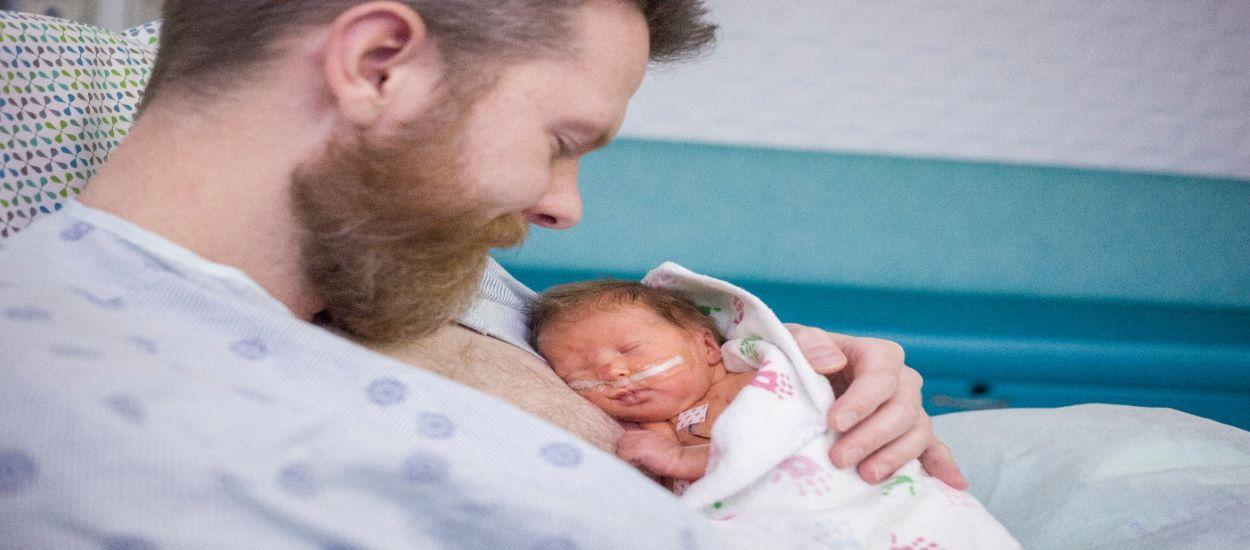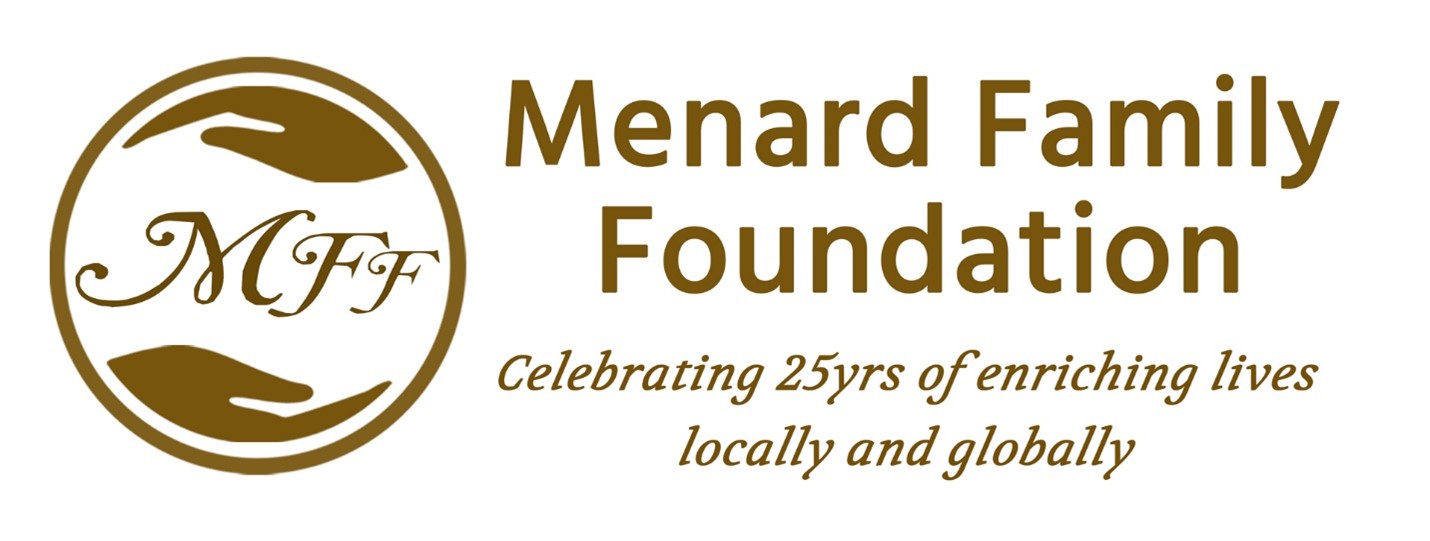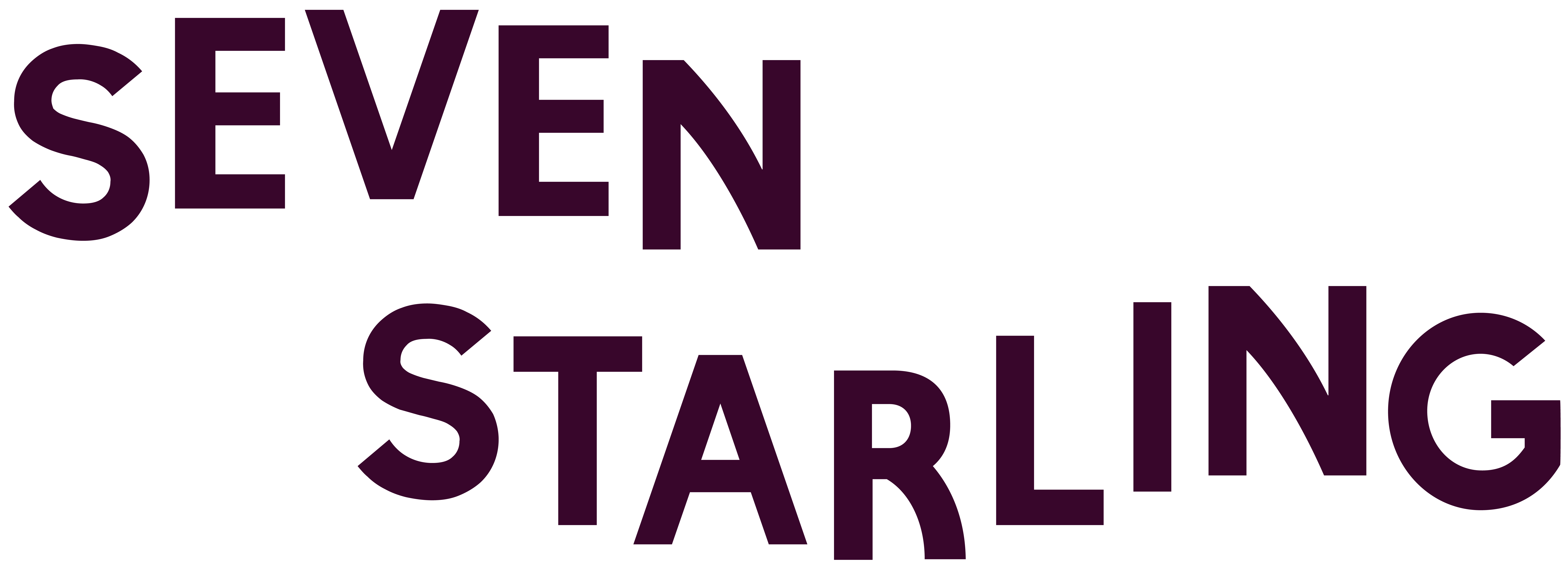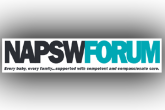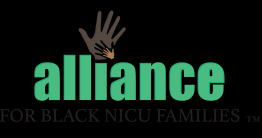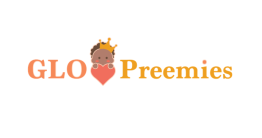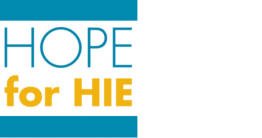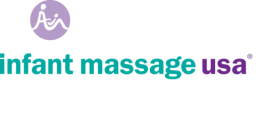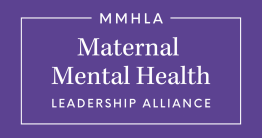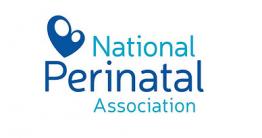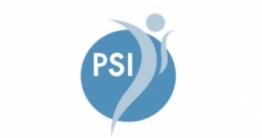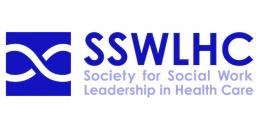
Conference
NAPSW presents a clinical conference every year typically end of April/early May.
Recent News
NAPSW Spring 2025 Forum Is Here!
From the President
Award Recipients
Election Results
and more!
NAPSW F...
National Maternal Mental Health Hotline
1-833-TLC-MAMA
(1-833...
Thank you to everyone who attended our 2025 VIRTUAL conference! We look forward to seeing everyone in person in Nashville TN April 15-18, 2026! Watch our conference page for more information.
The current issue of the NAPSW Forum is now available to everyone! Access to past issues of the Forum is available to NAPSW Members only. Click here to read the current issue!
NAPSW established the Award for Excellence in Perinatal Social Work in 1988 to recognize a member for outstanding clinical achievement in the field of perinatal social work as well as contributions to NAPSW. Our 2025 recipient was Mickey Sperlich, PhD, MSW, MA, CPM, FNAP. Visit our Award for Excellence page to learn more about Dr. Sperlich and our past recipients.





